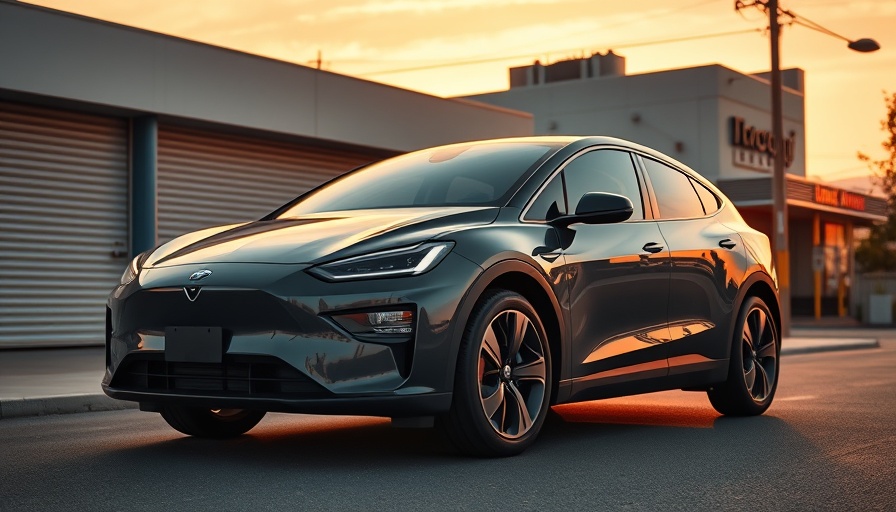
Henrik Fisker's Journey: From Visionary to Nonprofit Closure
Henrik Fisker, the innovative mind behind the now-defunct electric vehicle startup Fisker Inc., has recently wrapped up operations at the Geeta & Henrik Fisker Foundation, a nonprofit that aimed to foster innovation in sustainability, healthcare, and education. Just over two years after its establishment, the foundation's modest grants, totaling around $100,000, reflect an ambitious idea that ultimately could not gain the traction hoped for.
The Rise and Fall of Fisker Inc.
Founded as part of a wave of electric vehicle (EV) startups in the early 2020s, Fisker Inc. initially generated a buzz surrounding its eco-friendly vehicles and ambitious plans. However, after going public through a SPAC merger, its fortunes soured, leading to bankruptcy in 2024. This collapse is emblematic of a broader trend witnessed among similar startups, where high hopes often meet harsh realities.
The Foundation's Vision and Its Impact
Established in late 2021, the Geeta & Henrik Fisker Foundation was designed to support initiatives aimed at improving the planet and helping communities thrive. However, despite a promising vision, it struggled to match its ambitions with tangible outcomes. IRS filings indicate that it only distributed a fraction of its equity, which peaked at approximately $4 million before dwindling down as the value of Fisker Inc. stock dropped significantly.
Comparing Successes and Failures in the EV Nonprofit Sector
Unlike the Fiskers' foundation, Rivian's nonprofit endeavors demonstrate a stark contrast in sustainability efforts and successes. Launched with a substantial initial backing representing 1% of Rivian's equity, the Rivian Foundation has disbursed millions in grants to various causes—with the latest figures indicating ongoing contributions exceeding $12 million. This difference underscores disparities between visionary aspirations and operational execution in the fast-evolving landscape of tech-driven philanthropy.
Lessons Learned: The Reality of EV Startups
The story of Fisker Inc. and its foundation serves as a cautionary tale. Investors and entrepreneurs should recognize that the road to success in the EV sector is fraught with uncertainty. Numerous companies have risen with promising technologies, only to succumb to market volatility and competition. The key lesson here is that innovation must be coupled with sustainable business practices and adaptability.
Future Predictions: What Comes Next for EV Philanthropy?
As the environmental consciousness intensifies and technology continues to evolve, the future of EV philanthropy will likely require a more calculated approach. Organizations may need to better align their missions with measurable outcomes that resonate with broader societal needs. Moving forward, stakeholders in the EV sector could benefit from benchmarking successful models, as seen in Rivian’s case, to ensure their initiatives can positively impact the communities they intend to serve.
Conclusion: Reflecting on Humanitarian Initiatives in the Tech Space
The winding down of the Geeta & Henrik Fisker Foundation reflects the volatile terrain of tech-driven charity. However, this doesn't diminish the potential positive impact technology can have when aligned with sincere, actionable goals. Even as Fisker Inc. faced its demise, the foundation's inception highlights the spirit of innovation and altruism that can still pave the way for future breakthroughs in sustainability and philanthropy.
As the tech news landscape continues to evolve, staying informed about successful philanthropic endeavors in the EV sector can guide new and established entities alike toward balanced growth and meaningful contributions.
 Add Row
Add Row  Add
Add 



Write A Comment